US President Donald Trump and his Middle East envoy both claimed the talks could happen next week, following the Iranian president’s comments on being open to dialogue.
“No request for a meeting has been made on our side to the American side,” Iranian Foreign Ministry spokesman Esmaeil Baghaei said on Tuesday in comments carried by the country’s Tasnim news agency.
The clarification came a day after Trump, during a dinner in the White House with Israeli Prime Minister Benjamin Netanyahu, said Iran was actively seeking negotiations on a new nuclear deal following the 12-day war with Israel last month, which the US also joined.
“We have scheduled Iran talks. They want to talk,” Trump told reporters. “They want to work something out. They are very different now than they were two weeks ago.”
Trump’s Middle East envoy, Steve Witkoff – also present during the dinner – had even said the meeting could take place in the next week or so.
Iran’s Foreign Minister Abbas Araghchi wrote in an opinion piece published in the Financial Times newspaper on Tuesday that Tehran remains interested in diplomacy but “we have good reason to have doubts about further dialogue”.
Sanctions relief
On June 13, Israel launched an unprecedented bombing campaign on Iran that targeted military and nuclear sites as well as residential areas, killing senior military commanders and nuclear scientists. Iranian authorities say the Israeli strikes killed at least 1,060 people. Israel says retaliatory drone and missile fire by Iran killed at least 28 people.
The US joined the war, bombing Iranian nuclear sites at Fordow, Isfahan and Natanz, just days before a planned meeting between Tehran and Washington, DC on reviving the nuclear talks. Trump then went on to announce a ceasefire between Israel and Iran.
The negotiations, aimed at limiting Iran’s nuclear programme in exchange for sanctions relief, would replace the 2015 Joint Comprehensive Plan of Action (JCPOA) – a deal signed with the US, China, Russia, France, Germany, the United Kingdom and the European Union – which Trump ditched during his first term in office.
Floating the prospect of more talks on Monday, Trump also dangled the prospect of lifting punitive US sanctions on Iran, imposed after the US withdrawal from JCPOA, with further restrictions piled on this year.
This month, the US issued a new wave of sanctions against Iranian oil exports, the first penalties against Tehran’s energy sector since the US-backed ceasefire ended the war between Israel and Iran.
“I would love to be able to, at the right time, take those sanctions off,” said Trump.
Towards the end of last month, Trump said he was working on “the possible removal of sanctions”, but dropped his efforts after Iran’s Supreme Leader Ayatollah Ali Khamenei claimed “victory” in the Iran-Israel war.
Tehran’s denial regarding talks with the US came after Iranian President Masoud Pezeshkian told US journalist Tucker Carlson that Iran had “no problem” resuming talks so long as trust could be rebuilt between the two sides.
The interview, aired on Monday, provoked a backlash in Iran, with the critics accusing Pezeshkian of being “too soft” in the wake of last month’s attacks on the country.
“Have you forgotten that these same Americans, together with the Zionists, used the negotiations to buy time and prepare for the attack?” said an editorial in the hardline Kayhan newspaper.
The conservative Javan daily also took aim at Pezeshkian, saying his remarks appeared “a little too soft”.
In contrast, the reformist Ham Mihan newspaper praised Pezeshkian’s “positive approach”.

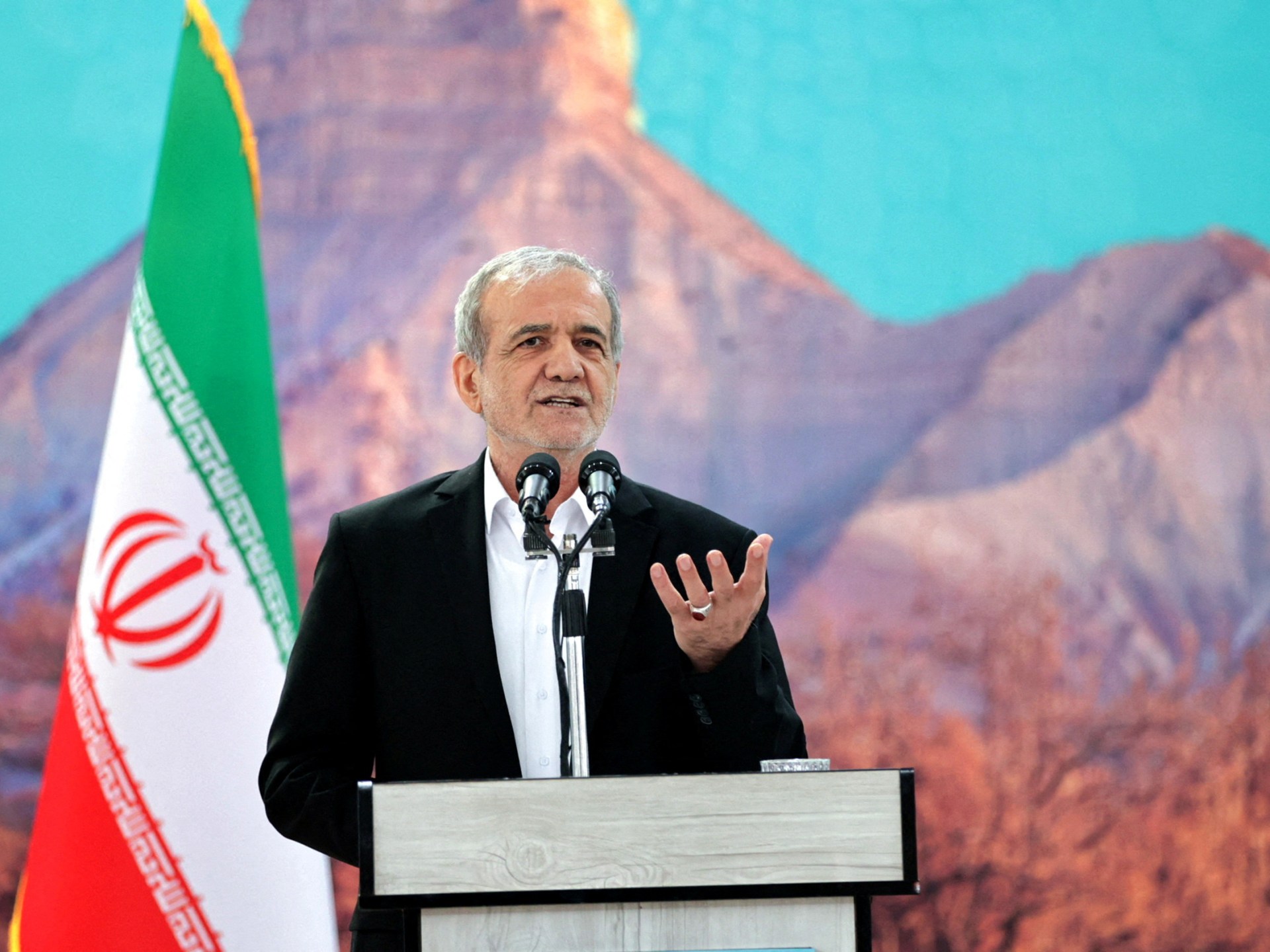
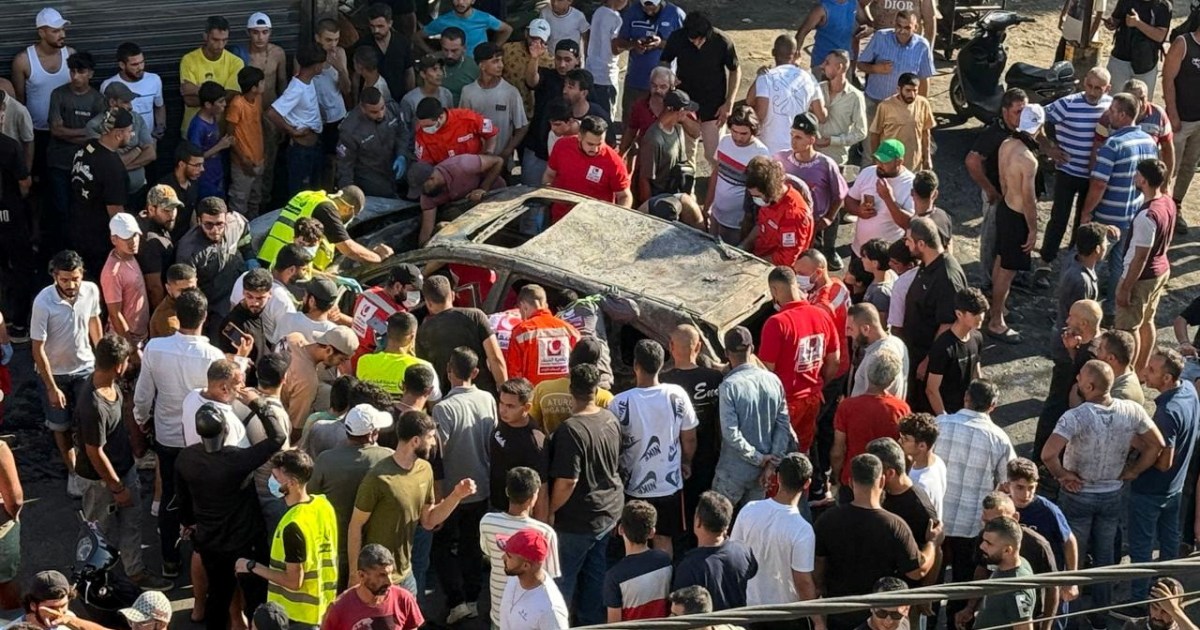
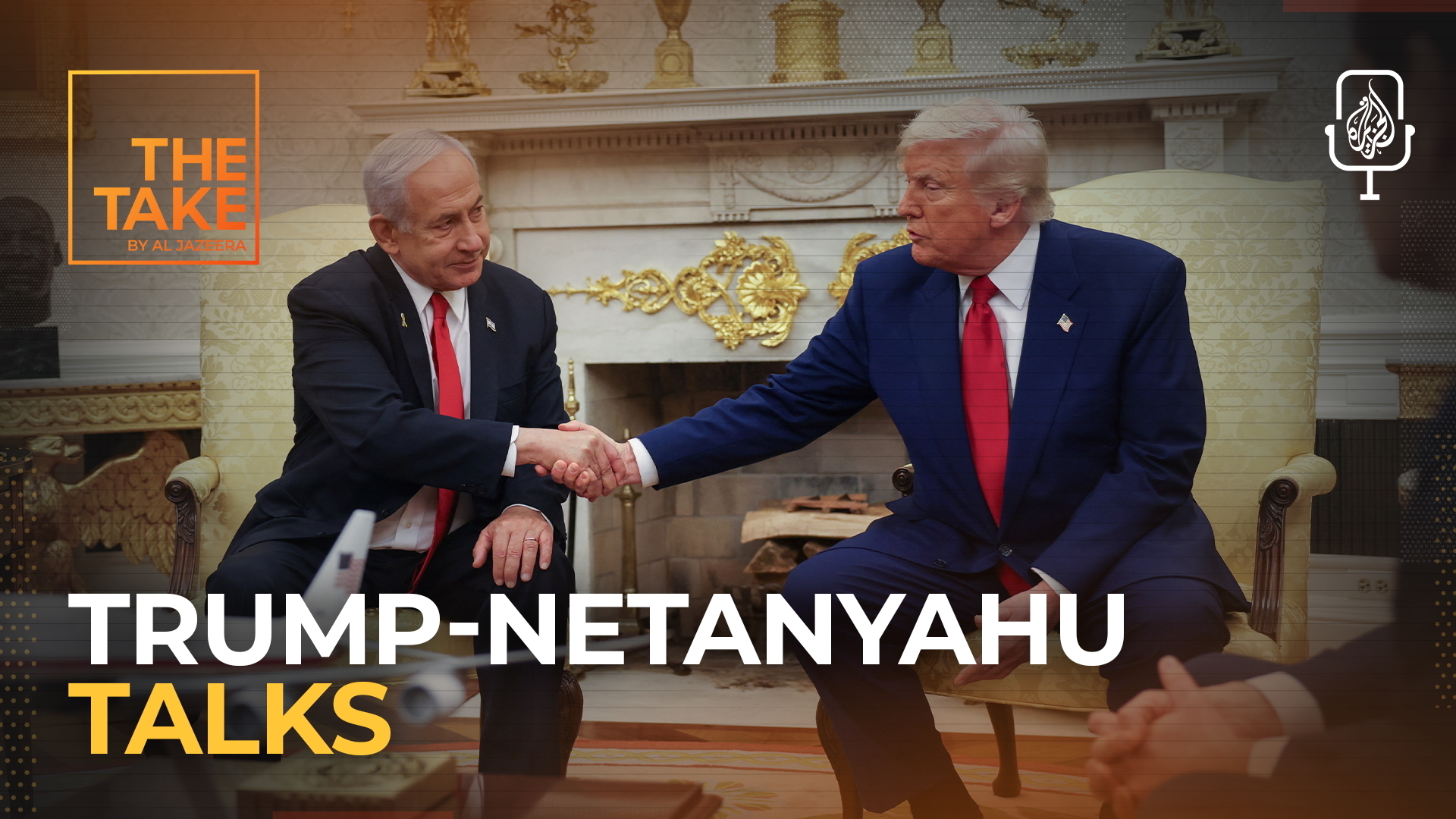

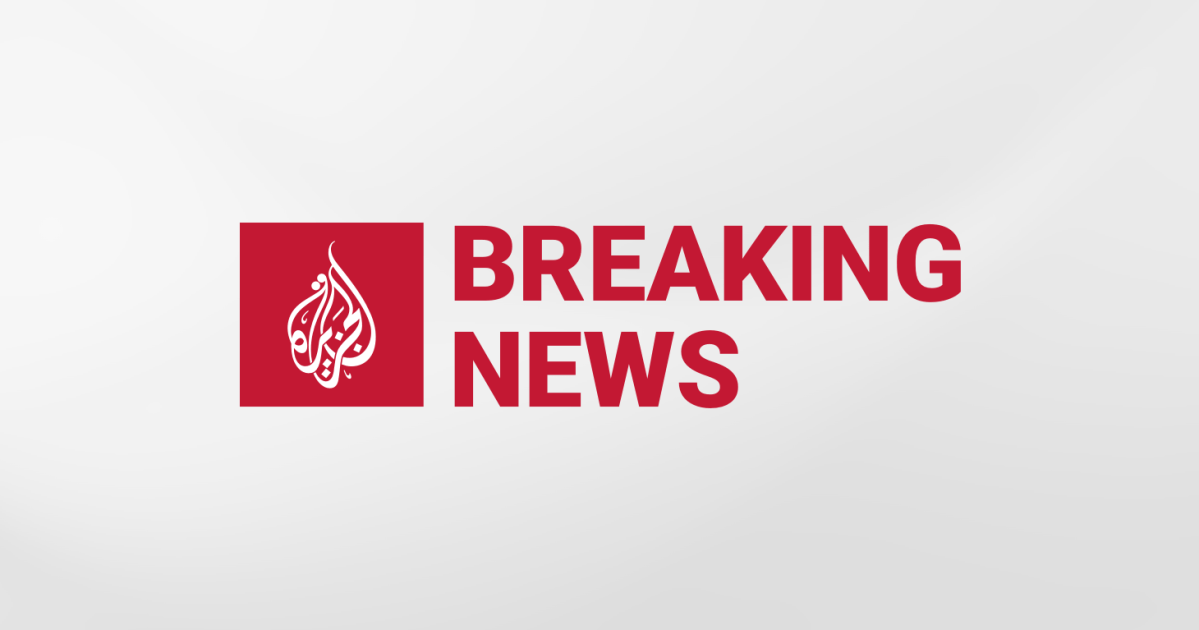
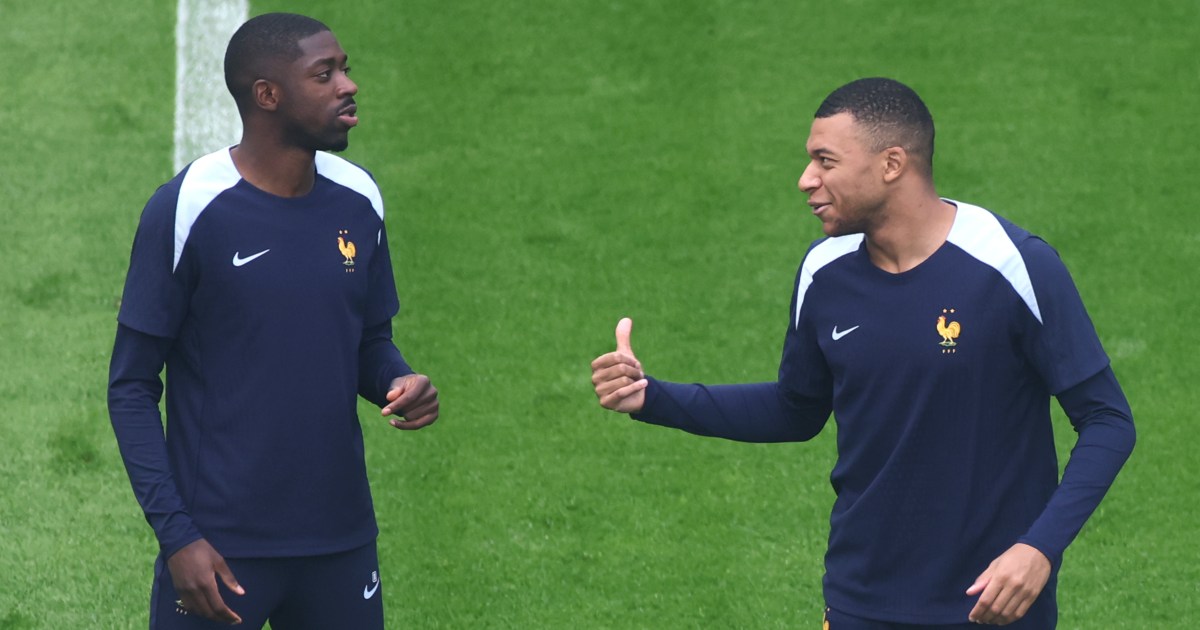

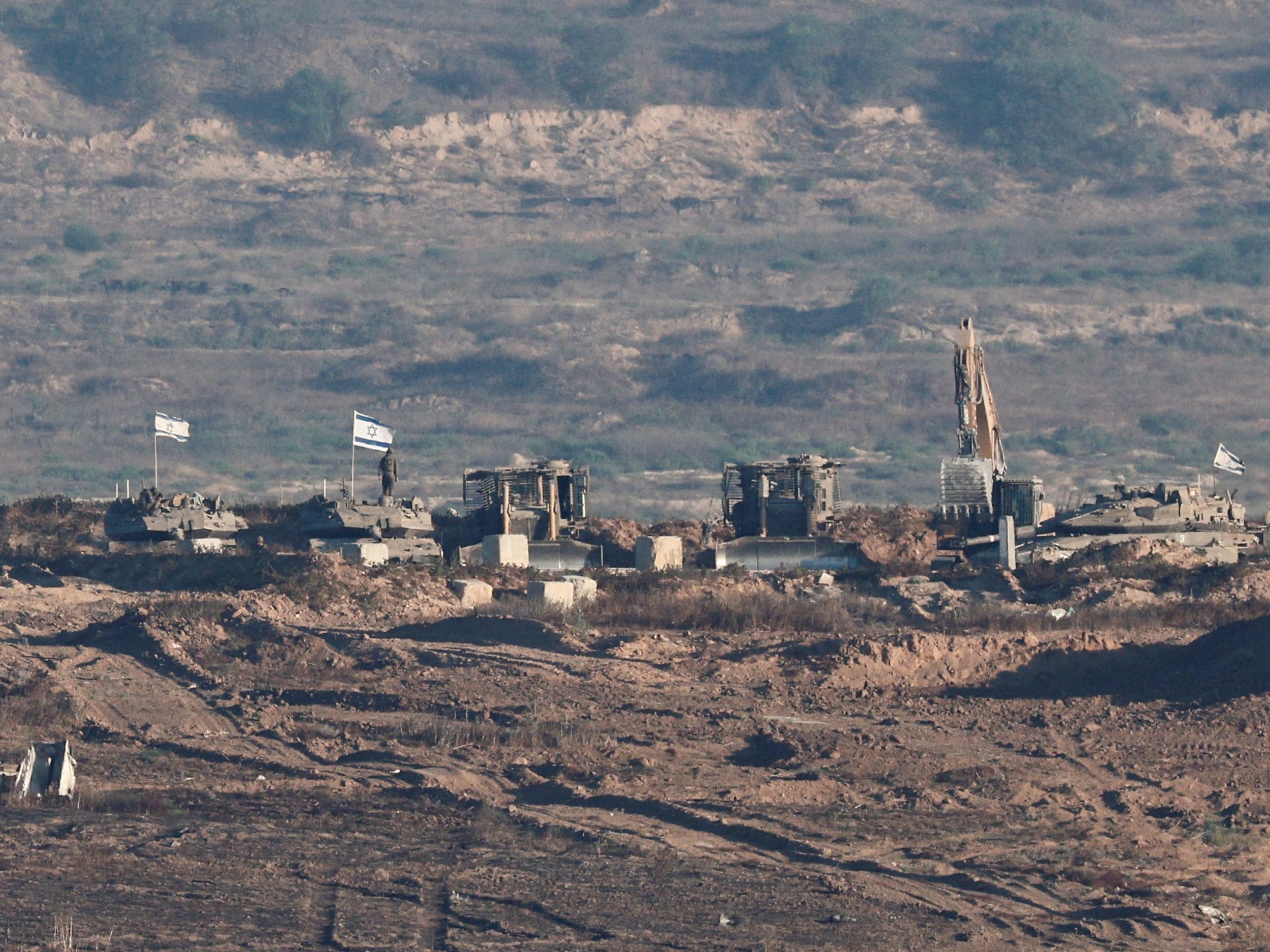
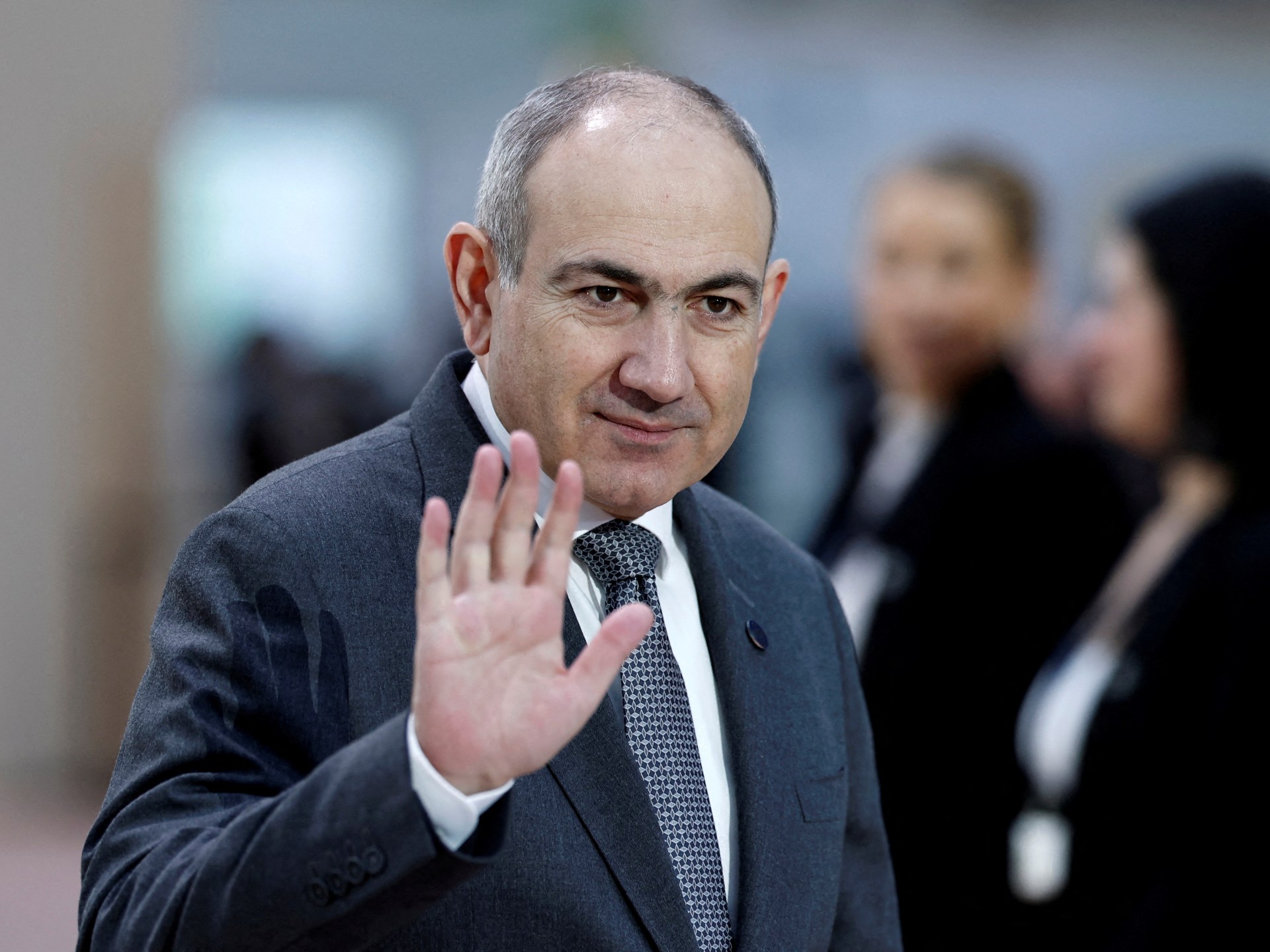
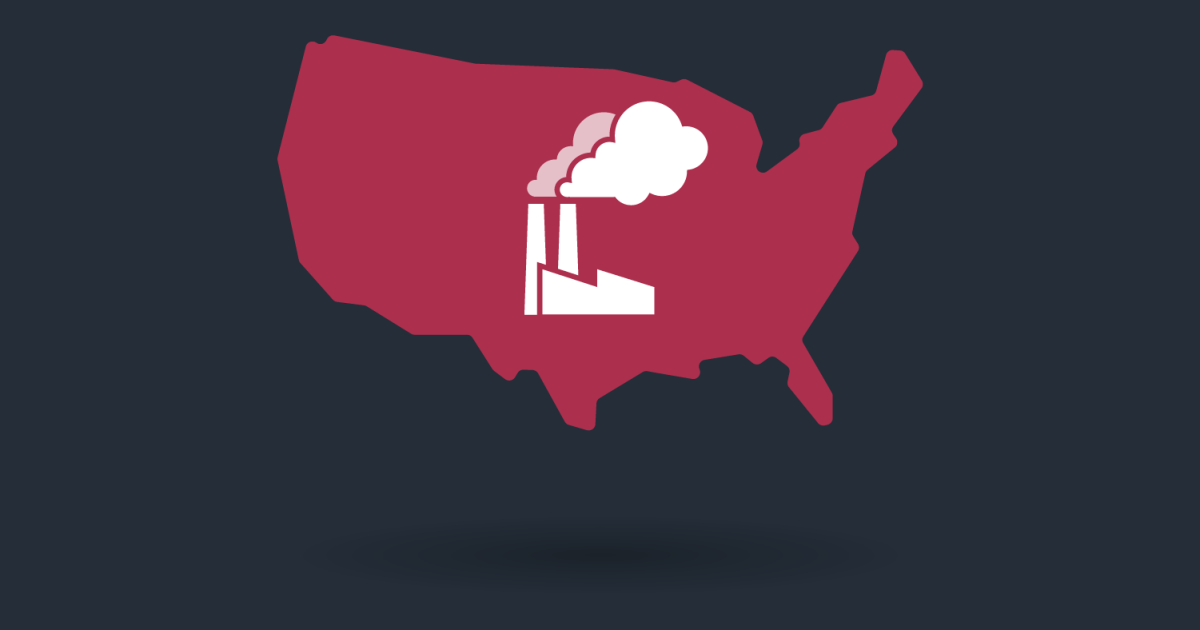
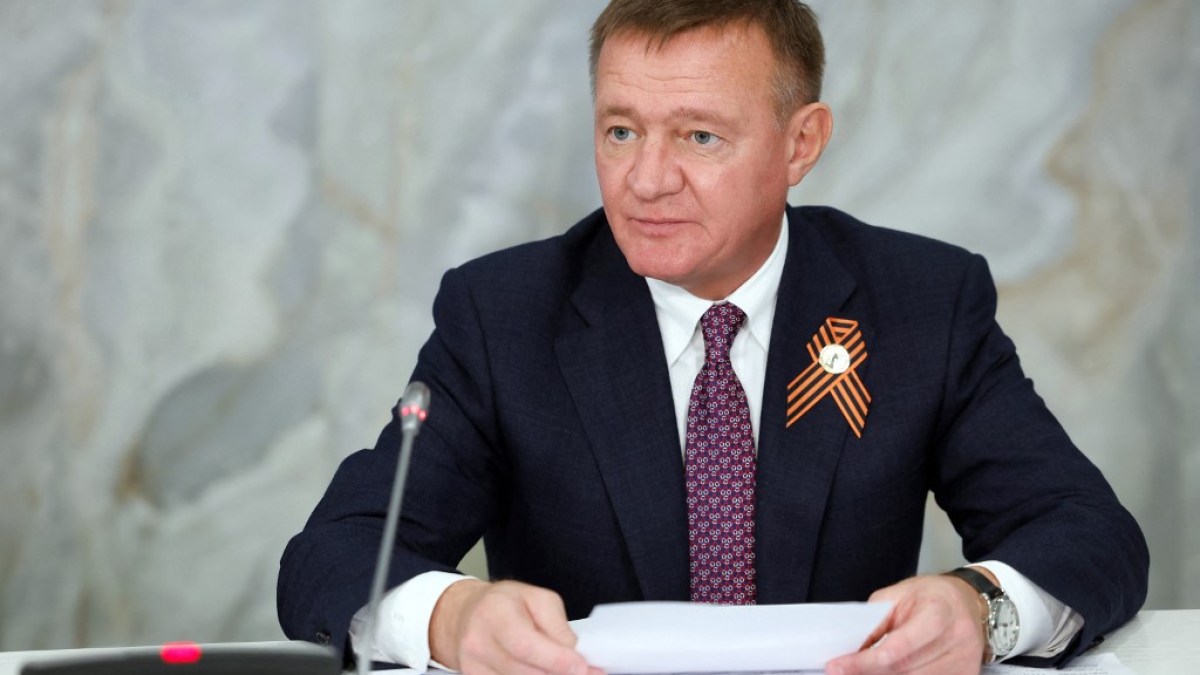
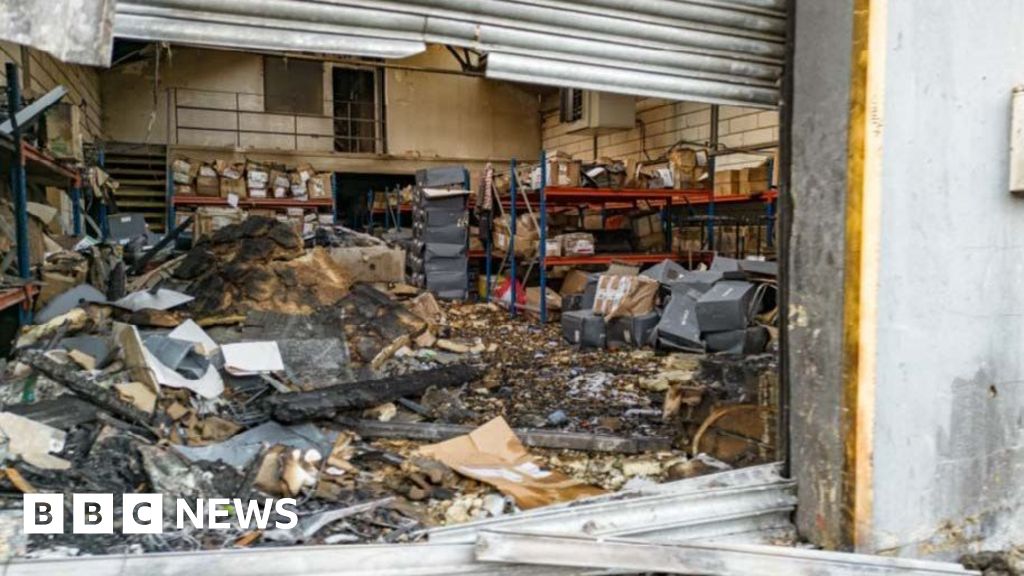
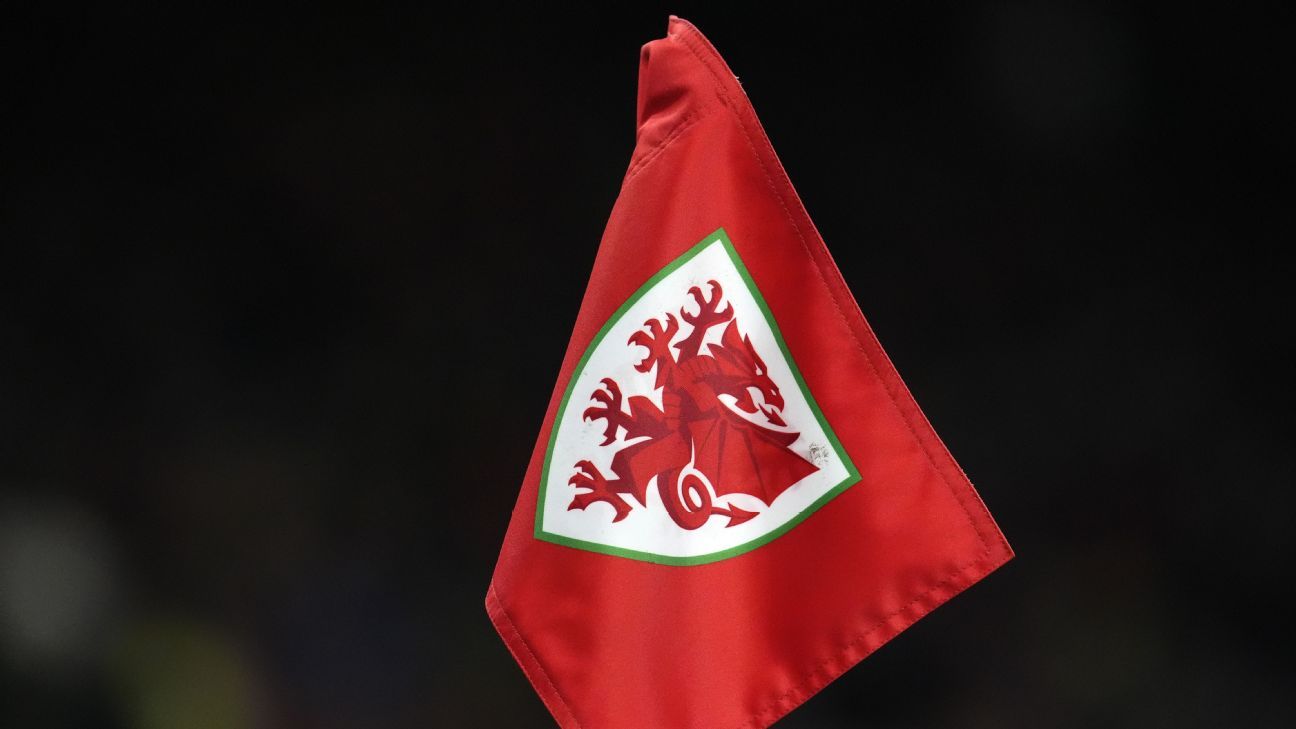

Leave a Reply